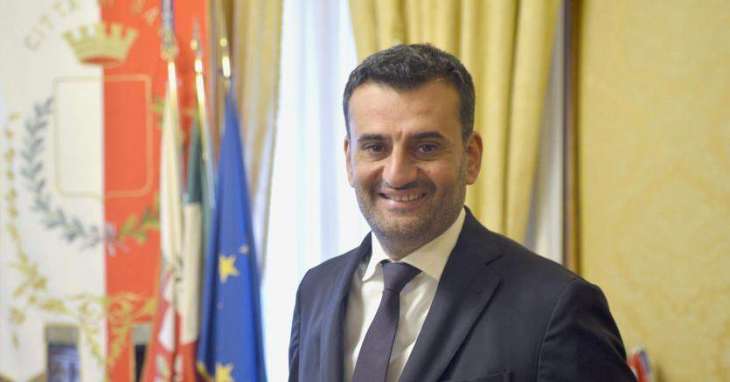The southern Italian region of Apulia and Russia have a great potential for developing cooperation in a number of areas, including tourism and pharmaceuticals, Antonio Decaro, the mayor of the region's capital of Bari, told Sputnik.
BARI (Italy) (Pakistan Point news / Sputnik - 15th October, 2018) The southern Italian region of Apulia and Russia have a great potential for developing cooperation in a number of areas, including tourism and pharmaceuticals, Antonio Decaro, the mayor of the region's capital of Bari, told Sputnik.
"My region of Apulia is producing the most of pharmaceutical products in Italy, and when we were in Russia some months ago, we met with Moscow Mayor [Sergei Sobyanin] and worked out common points. We realized that pharmaceutical products is a good field of work due to the lack of these products in Russia. Some days ago, a delegation from Russia came to visit us and we signed an industrial-commercial agreement on the production of pharmaceutical products with the participation of the biggest enterprises from Apulia," Decaro said.
According to the mayor, Apulia and Russian regions continue to cooperate in traditional areas such as tourism as well.
Decaro stressed that the regional authorities would like to open new opportunities for Russian tourists that can be associated not only with religious tourism but also with gastronomy.
The city of Bari is home to Pontifical Basilica di San Nicola keeping the saint's relics, which makes it an important pilgrimage destination both for Roman Catholics and Orthodox Christians. The mayor recalled that in June, Russia air carrier S7 Airlines had begun to operate direct scheduled flights from Moscow to Bari.
During the interview, Decaro also highlighted that the regional authorities did not approve of EU sanctions against Russia, expressing hope that the sides would make a step toward each other to resolve the existing political differences.
The European Union has imposed sanctions against Russia over the Ukraine crisis and the reunification with Crimea. The 2014 referendum in Crimea where over 90 percent of those who voted chose to rejoin Russia was not recognized by Kiev and the bloc, although Russian officials have stressed that it was held in compliance with international law.
The relations have also been marred by the Salisbury poisoning incident and a series of allegations of Moscow's subversive activities in various EU countries, most recently, in the Netherlands. Moscow has strongly refuted such accusations as unsubstantiated, stressing that it did not interfere in other states' affairs.




